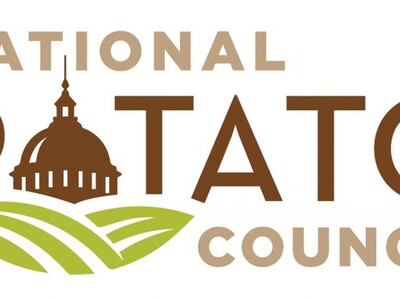Neonicitinoid Research & Wolf Tracking
Neonicitinoid Research & Wolf Tracking plus Food Forethought. I'm Greg Martin with today's Northwest Report.Debate continues over the use of neonicotinoids, agricultural chemicals that are used to protect crops from pests. Growing Matters, an industry consortium including Bayer CropScience, Syngenta and Valent U.S.A. Corp, has releasing the first comprehensive research study of the economic and societal value of neonicotinoids. Dr. Pete Nowak, with AgInfomatics, who conducted the research.
NOWAK: If the EPA's going to establish some sort of regulatory setting for neonicotinoids then they have to understand the value of this insecticide. Recognizing that value, while we read about it all the time out there, the theoretical problems or supposed problems associated with neonicotinoids there's really been nothing out there on the value.
The research is being released in phases through the end of the year.
Tracking wolves here in the northwest is not as easy as you might think. You don't just walk out and attach a tracking collar like you would Fido in the back yard. So far, OR-7, the somewhat famous Oregon wolf has eluded any attempts at getting new batteries into the tracking collar on him. U.S. Fish and Wildlife biologists have set up traps but so far neither OR-7, his mate or pups have been caught.
Now with today's Food Forethought, here's Lacy Gray.
Yet another new study on milk and its health benefits, particularly those surrounding daily calcium intake, has hit the internet. The British Medical Journal recently published results of a study conducted by a Swedish research team which tracked the milk intake of over 60 thousand women and 45 thousand men over the course of twenty years. The study concluded that those test subjects who drank three or more glasses of milk a day saw no reduction in broken bones and were twice as likely to die earlier than those who consumed less than one glass of milk per day. Study results were based on questionnaires that were filled out by test subjects twenty years prior. Scientific experts and dairy industry leaders alike have found fault with the study saying that the study did not take into account any number of variables that could have changed risk percentages over that 20 year time span. Even the study leaders themselves admit that more research is needed before any dietary recommendations or changes are put in place. I'm sure numerous studies will be conducted over what could be decades. Hopefully in the meantime sound science and common sense will prevail.
Thanks Lacy. That's today's Northwest Report. I'm Greg Martin on the Ag Information Network.














